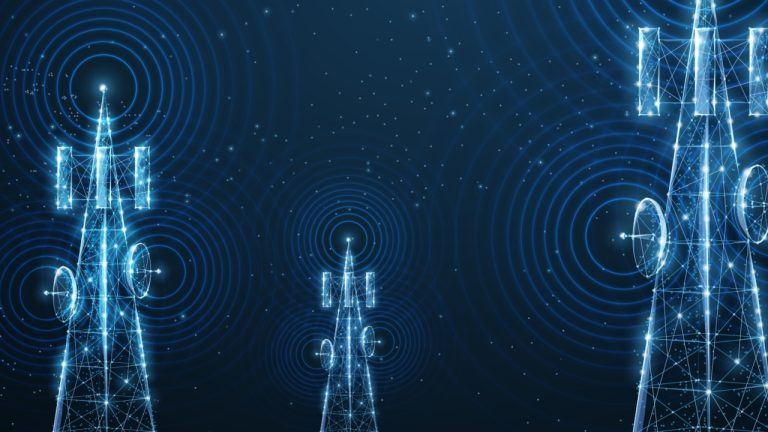
Decentralized physical infrastructure networks (DePINs) are gaining attention as a potential solution to address coverage gaps that major telecommunications companies have struggled to fill. Mickey Watkins, a prominent figure in the crypto space, has highlighted the potential of DePINs in providing alternative connectivity options for underserved areas where traditional telecom networks have fallen short.
DePINs operate on a decentralized model, leveraging a network of physical infrastructure nodes to create a more resilient and widespread communication network. By utilizing blockchain technology and peer-to-peer connections, DePINs aim to offer reliable connectivity in areas where traditional telecom infrastructure is lacking or unreliable.
One of the key advantages of DePINs is the opportunity they provide for individuals to participate in the network and earn income by hosting infrastructure nodes. This decentralized approach not only empowers local communities to take control of their connectivity but also creates new economic opportunities for individuals looking to monetize their resources.
The potential of DePINs is underscored by the projected growth of the market, with experts estimating that the DePIN market could reach a value of $3.5 trillion by 2028. This projection highlights the significant demand for alternative connectivity solutions and the potential for DePINs to disrupt the traditional telecom industry.
The World Economic Forum (WEF) has also recognized the transformative potential of DePINs, acknowledging the role these networks can play in bridging the digital divide and expanding access to communication services globally. By leveraging decentralized infrastructure, DePINs have the ability to reach remote and underserved areas, providing connectivity where traditional telecom companies have struggled to do so.
In addition to addressing connectivity challenges, DePINs also offer a more secure and resilient communication network. By decentralizing infrastructure and eliminating single points of failure, DePINs are inherently more resistant to censorship, surveillance, and cyber attacks. This increased security and privacy make DePINs an attractive option for individuals and organizations looking to protect their communications from external threats.
As DePINs continue to gain traction in the crypto and telecommunications industries, it is clear that these networks have the potential to revolutionize the way we think about connectivity and communication. By democratizing access to infrastructure and empowering individuals to participate in the network, DePINs represent a promising alternative to traditional telecom models.
Overall, the rise of DePINs signals a shift towards a more decentralized and community-driven approach to connectivity, offering a glimpse into a future where individuals have greater control over their communication networks and the opportunity to participate in a more inclusive and accessible digital

Leave a Reply